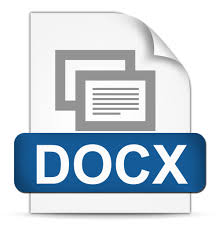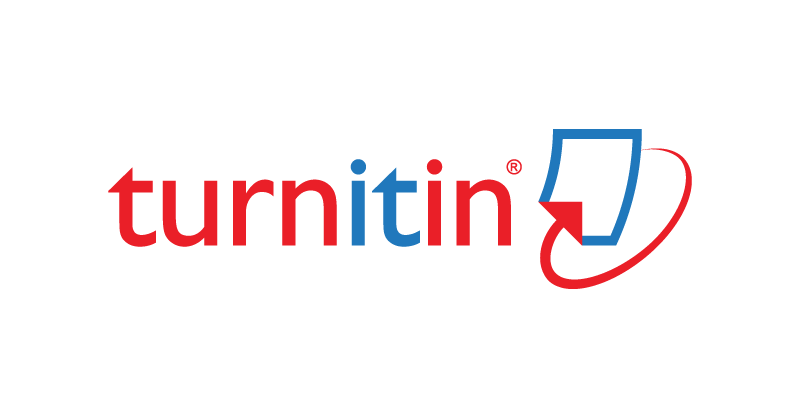Pengembangan Knowledge Management System Berbasis Knowledge Audit
Abstract
Dasar dari sumber daya ekonomi saat ini bukan lagi berupa modal uang, sumber daya alam maupun tenaga kerja melainkan juga pengetahuan (knowledge). Pengetahuan sebagai intangible asset yang harus dikelola perusahaan menjadi paradigma baru dalam lingkungan bisnis sebagai pusat kekuatan dan keunggulan dalam bersaing. Namun masih banyak organisasi belum atau tidak mengetahui potensi pengetahuan yang dimiliki oleh karyawannya karena organisasi kesulitan dalam menangkap (capture) tacit knowledge. Lambatnya penyebaran pengetahuan disebabkan oleh terbatasnya ruang dan waktu. Transfer knowledge hanya menggunakan metode tatap muka, konsultasi secara langsung dengan atasan, dan briefing pagi (socialization-tacit totacit). Adapun Explicit knowledge hanya terdapat dalam bentuk berkas (hardcopy), dimana terdapat kesulitan dalam proses pencarian. Penelitian ini telah berhasil mempermudah transfer knowledge di dalam perusahaan melalui pengembangan knowledge management system berbasis knowledge audit dengan knowledge management processes sebagai standar pengembangan. Audit yang dihasilkan telah mampu mengidentifikasi kompetensi dan kapabilitas dari karyawan, serta mengoptimalisasi mekanisme knowledge management yang ada di organisasi.
Kata kunci: Tacit Knowledge, Explicit Knowledge, Knowledge Audit, Knowledge Management System.
Abstract
The basic economic resources now adays is no longer capital, natural resources, nor labor, but also knowledge. Knowledge as intangible asset, that need to be managed by organization became new paradigm in the business environment where knowledge is now considered to be central to organizational performance and integral to the attainment of a sustainable competitive advantage. Many organizations still do not realize the knowledges and experiences their employees had. It happens because the organizations have difficulties in detecting the tacit knowledge, thus the sharing of knowledge and experience did not run smoothly. If the employees had to share what they know then they do it by meeting face to face with their superior or share it in the morning briefing.Time and spaces are still the main problems in this case. Explicit knowledge only shared in form of a hardcopy archives, while there is also a problem in archiving files within the organization. This research has succeeded in easing the transfer of knowledge through knowledge management system with knowledge audit as a base and knowledge management process as a development standard. The audit result has the capability in identifying competence and capability of the workers, and also optimize the existing knowledge management mechanism within the organization.
Keywords: Tacit Knowledge, Explicit Knowledge, Knowledge Audit, Knowledge Management System
Full Text:
PDF (Bahasa Indonesia)References
Amidon, D. M. (2002). The Innovation SuperHighway. Frontiers of Entrepreneurship and Innovation: Readings in Science Park Policies and Practices. International Association of Science Parks.
Alavi, M. And Leidner D., (2001). Review Knowledge Management and Knowledge Management Systems : Conceptual Fundations and Research Issues. MIS Quarterly, Vol 25 No.1. pp. 57 1-82
Beccerra-Fernandez, Gonzalez, A. And Sabherwal, R. (2004). Knowledge Management : Challenges, Solutions, and Technologies, Prentice Hall, London.
Davenport, T.H, & Grover V., (2001). General Perspectives on Knowledge Management : Fostering a Research Agenda. Jurnal of Management Information Systems. Vol. 18, pp. 5-21.
Davenport, T.H, & Prusak, L, (1988) Working Knowledge : How Organizations Manage What They Khow. Harvard Bussiness School Press
Grant, R. M., (1996a), Prospering in Dynamically Competitive Environments:Organizational Capability as Knowledge Integration. Organization Science, 7(4), pp 375-387
Grant, R. M., (1996b), Toward a Knowledge-Based Theory of The Firm. Strategic Management Journal, 17, pp 109-122
Leibowitz, J. and Beckman, (1998). Knowledge Organizations: What Every Manager Should Know. St. Lucie Press. LLC, Boca Raton.
Liebowitz, J., Montano, B.R., McCaw, D., Buchwalter, J., & Browning C,.(2007). The Knowledge Audit, ABI/INFORM Global, pg. 3.
Nonaka, Ikujiro & Tahachi, Hirotaka. 1995. The Knowledge-Creating Company: How Japanese Compainies Create the Dynamics of Innovation . Oxford: Oxford University Press.
Peter F. Drucker (1998) “The Coming of the New Organization” in Harvard Business Review on Knowledge Management. Harvard Business School Press. pp. 1-19.
Specht, G., Beckmann,Ch., & Amelingmeyer, J. (2002). F&E-Management. Stuttgart: Schäffer-Poeschel-Verlag.
Setiarso, Bambang dkk. (2009) . “ Penerapan Knowledge Management Pada Organisasi. Graha Ilmu, Yogyakarta.
Wickramasinghe, N. & Sharma, S., (2005). The Fundamentals of Knowledge Management. Upper Saddle River, NJ, Prentice Hall.
DOI: https://doi.org/10.31294/ji.v5i1.2522
Refbacks
- There are currently no refbacks.

This work is licensed under a Creative Commons Attribution 4.0 International License.
Index by:
| |
Published by Department of Research and Public Service (LPPM) Universitas Bina Sarana Informatika with supported Relawan Jurnal Indonesia
Jl. Kramat Raya No.98, Kwitang, Kec. Senen, Kota Jakarta Pusat, DKI Jakarta 10450

This work is licensed under a Creative Commons Attribution-ShareAlike 4.0 International License







